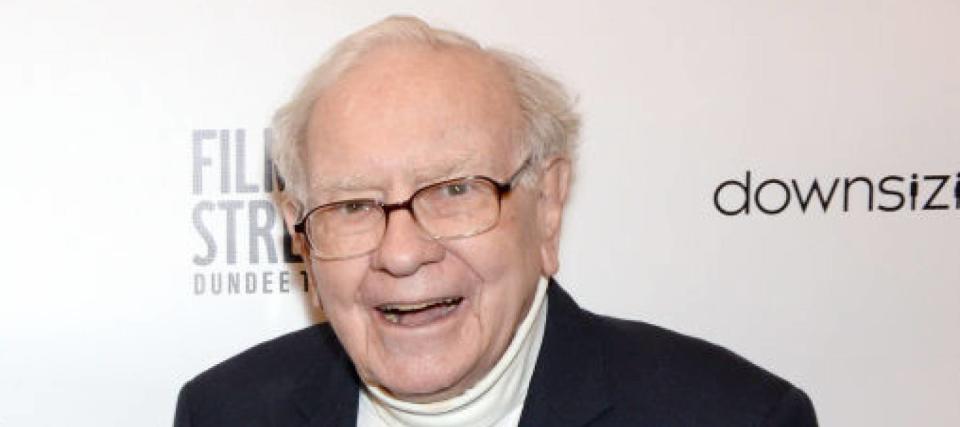If you really want to be rich, use these 3 Warren Buffett techniques that no one ever talks about

Regarded as one of the most successful investors of all time, billionaire Warren Buffett has become a guru for millions of investors.
The CEO of Berkshire Hathaway made his first stock investment at age 11and has since grown his fortune to more than $100 billion.
Don't miss
Thanks to Jeff Bezos, you can now use $100 to cash in on prime real estate — without the headache of being a landlord. Here's how
Worried about the economy? Here are the best shock-proof assets for your portfolio. (They’re all outside of the stock market.)
Super-rich Americans are snatching up prime real estate abroad as US housing slumps — but here's a sharp way to invest without having to move overseas
Buffett's investment philosophies have made him a household name, but there are three lesser-known tactics the Oracle of Omaha has used to grow his wealth that don't get as much attention – even though they should.
1. Pick managers, not stocks
In his most recent letter to shareholders, Buffett writes, "Charlie and I are not stock-pickers; we are business-pickers."
When choosing companies for Berkshire, he looks for "long-lasting favorable economic characteristics and trustworthy managers."
It's this latter element that doesn't get enough attention, likely because it's easier to research a company's financials than to understand its management team.
"When large enterprises are being managed, both trust and rules are essential," Buffett writes. "Berkshire emphasizes the former to an unusual – some would say extreme – degree."
A good manager, according to Buffett, requires little management. "Hire well, manage little," he writes in his 2010 letter to shareholders.
"Many of our CEOs are independently wealthy and work only because they love what they do," Buffett writes in the same letter. "They are volunteers, not mercenaries."
2. Avoid commodity-like companies
Buffett avoids companies selling products for which price is the main determinant as to whether consumers will choose it over the competition: in other words, companies that sell interchangeable products.
He favors a quote from Peter Lynch that such companies should come with a warning label saying, "Competition may prove hazardous to human wealth."
You can spot commodity-like companies by their customers' lack of brand loyalty as well as the business's low profit margins and low return on equity.
Read more: Warren Buffett gets gloomy: America's 'incredible period' is coming to an end. Here's what nervous investors can do right now
3. Sell put options
Derivatives such as put options may seem counter to Buffett's devotion to blue-chip stock investing, but the Oracle of Omaha has actually used equity index put option contracts throughout his tenure at Berkshire. His winning strategy is essentially a bet that the underlying indices will increase in value over time.
Buffett sold put options on equity stock indices such as the S&P 500 with maturities of 15 to 20 years so that they would mature between 2019 and 2027. He received $4.5 billion in premiums when the options were first sold.
A put option is a contract that gives buyers the right to sell a security at a predetermined price in a specific time frame.
Since Buffett sold put contracts, he may need to pay the buyer the difference between the index's current market value and the value on the put contract at expiration. If the index market value is higher at maturity, Berkshire owes nothing – and in fact makes money from the initial premium it collects when the contract is struck. As of December 2022, just three open contracts remained.
Given the nature of the stock market to always trend up over the long-term, Berkshire's strategy may not seem too risky.
But make no mistake: It’s not for the faint of heart. Berkshire lost $276 million on its derivatives contracts in 2022.
What to read next
‘It makes an enormous difference’: Warren Buffett says this simple ‘trick’ is the key to earning a generous retirement nest egg
Jeff Bezos and Oprah Winfrey invest in this asset to keep their wealth safe — you may want to do the same in 2023
Rich young Americans have lost confidence in the stock market — and are betting on these 3 assets instead. Get in now for strong long-term tailwinds
This article provides information only and should not be construed as advice. It is provided without warranty of any kind.

 Yahoo Finance
Yahoo Finance 